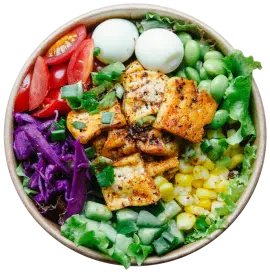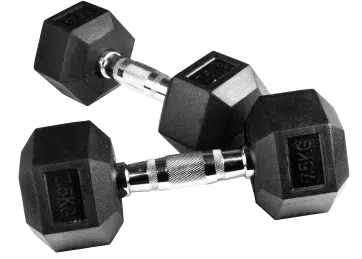Ep225: Should You Consider Bioidentical Hormone Replacement Therapy (BHRT)? with Tylar Brannon, CEO of Optimal Bio
In this episode, Tina chats with Tylar Brannon, CEO of Optimal Bio, about Bioidentical Hormone Replacement Therapy (BHRT) and whether or not it could be a helpful option for women in perimenopause and menopause. She shares the symptoms associated with










